VICTORIA BERNAL is associate professor of anthropology at the University of California, Irvine, and author of Cultivating Workers: Peasants and Capitalism in a Sudanese Village, coeditor of Theorizing NGOs: States, Feminisms, and Neoliberalism, and editor of Contemporary Cultures, Global Connections: Anthropology for the 21st Century.
The University of Chicago Press, Chicago 60637
The University of Chicago Press, Ltd., London
2014 by The University of Chicago
All rights reserved. Published 2014.
Printed in the United States of America
23 22 21 20 19 18 17 16 15 14 1 2 3 4 5
ISBN-13: 978-0-226-14478-8 (cloth)
ISBN-13: 978-0-226-14481-8 (paper)
ISBN-13: 978-0-226-14495-5 (e-book)
DOI: 10.7208/chicago/9780226144955.001.0001
Library of Congress Cataloging-in-Publication Data
Bernal, Victoria, author.
Nation as network : diaspora, cyberspace, and citizenship / Victoria Bernal.
pages cm
Includes bibliographical references and index.
ISBN 978-0-226-14478-8 (cloth : alk. paper)ISBN 978-0-226-14481-8 (pbk. : alk. paper)ISBN 978-0-226-14495-5 (e-book)
1. EritreansPolitical activity. 2. EritreaEmigration and immigration. 3. Internet and activism. 4. Cyber spaceSocial aspects. 5. Internet and immigrants. I. Title.
DT397.3.B475 2014
305.892'89dc23
2013050783

This paper meets the requirements of ANSI/NISO Z39.48-1992 (Permanence of Paper).
Nation as Network
DIASPORA, CYBERSPACE, AND CITIZENSHIP
Victoria Bernal
The University of Chicago Press
CHICAGO & LONDON
ACKNOWLEDGMENTS
This project has spanned many years and benefitted from the formal and informal support and critique offered by various institutions and individuals. I cannot thank them each specifically here, but wish to express particular gratitude to those who had a lasting engagement with my research. Foremost among them is my husband, Tekle, who is the reason I first turned my attention from the site of my earlier research, the Sudan, to Eritrea. Since we first met at a talk on Eritrea (by Gerard Chailland, if I recall correctly) at the African Studies Program of Northwestern University in 1976, Tekle has made Eritrea a vital part of my life. I could never have completed this project without Tekles enthusiasm and encouragement, as well as his contagious fascination with Eritrean politics. He is not responsible, however, for the arguments or mistakes set forth in this book. I thank my wonderful daughters, Olivia and Eve, for providing the best distractions from work anyone could wish for. In them and in Tekle, I am fortunate to have found such game and insightful travel companions for my research trips and for my life.
I would also like to thank my colleagues in the Anthropology Department at the University of California, Irvine (UCI), which has been my intellectual home throughout this project. Kris Peterson in Anthropology, Susan Coutin in Law, Criminology, and Society, and Laura Mitchell in History deserve special thanks for their steadfast interest in my work, as does the Faculty Group for African and Middle Eastern Studies at UCI whose phantomlike existence created exciting intellectual sparks at various moments. I appreciate the research and editorial assistance of my daughter Olivia Woldemikael, UCI undergraduates Varinea Romero and Renee Estoista, and the eleventh-hour readings of the final draft by Kathryn Ragsdale and Amanda Moore.
The research and writing of this project was made possible by the generous financial support of the American Philosophical Society, the University of Californias Institute on Global Conflict and Cooperation, the Intel Foundation fund of the Anthropology Department, the Center for Global Peace and Conflict Studies, and the School of Social Sciences, Research and Travel fund at UCI. At the University of Chicago Press I am deeply grateful to David Brent for seeing value in this project from an early version of the manuscript and to Priya Nelson for her sane and kind responses to all of my anxious emails. My thanks also go to two anonymous reviewers who provided much-needed, valuable feedback.
Earlier versions of some of the material presented here appeared in two of my previous publications: parts of appeared in my African Studies (Bernal 2013b) article.
INTRODUCTION
Nations, Migration, and the World Wide Web of Politics
I would like to believe that Dehai is much more than acrimonious tit-for-tat self-defeating discourse. To me it signifies a movement whose energy is somehow translated for the good of Eritrea within and without.
Excerpt from December 12, 1996, post on www.dehai.org
Awate.com is what it is because of its writers and readers. In 2002, PFDJ [Eritreas ruling party] began the year by telling us that the chapter is closed and we can all forget what happened in 2001.... Leave the governing to us; you just send your money and attend our meetings and do as you are told. Our writers had a completely different opinion. They were going to write, over and over if necessary, about the injustice that the Eritrean people are subjected to.
Excerpt from January 2, 2003, post on www.awate.com
Asmarino is 9 years old, but its mentality and way of thinking is like an adult, who is reasoning, thinks democratically and above all respects the human rights and gives all ppl the opportunity to express their opinions. I dont know what to do or where to express our opinions if we had no our Asmarino, since we have nobody who offers us this opportunity.
Excerpt from August 20, 2006, post on www.asmarino.com
The posts above come from websites established by Eritreans in diaspora to engage in national politics from outside the nation. This book examines Eritrean politics online to reveal the ways that new media and mobilities are transforming sovereignty and citizenship. A focus on diaspora and cyberspace reveals nations as dynamic forms that not only are increasingly difficult to map as bounded communities but also operate through networks in significant ways. There is a synergy between new communications technologies and migration that is changing politics. Relations of citizenship and sovereignty once rooted in national territory increasingly span borders, and the social contracts between citizens and states are being constructed and contested in new political contexts and spaces. There is a profound global shift underway as the mobility of people and the rise of internet communications in the twenty-first century alter the character of nations and the meanings of citizenship and sovereignty (Ong 1999; Al-Ali and Koser 2002; Appadurai 2003). New practices and ideals of citizenship are developing and forms of quasi-citizenship are emerging as industrialized nations grapple with noncitizens within their borders and less industrialized nations deal with diasporic populations that participate in their economies and politics from abroad (Balibar 2005; Glick-Schiller 2005; Coutin 2007). At the same time, the internet is allowing for the creation of an elastic political space that can serve to extend as well as to expose the limits of territorial sovereignty. The growing significance of diasporas coupled with the development of digital media have given rise to the nation as network.
In this book three strands of analysispolitics, media, and diasporaare woven together to explore the nation as network. I develop the concept infopolitics to advance theories of sovereignty and understandings of the internet by foregrounding the management of information as a central aspect of politics. Infopolitics draws attention to the importance of relations of authorization and censorship that govern the ways knowledge is produced, accessed, and disseminated. The heart of this study is an ethnography of the vibrant Eritrean public sphere established on diaspora websites. My analysis of Eritrean politics online explores the significance of violence and conflict for the understanding of citizenship, the public sphere, and new media. Set in the context of Eritreas turbulent history, the activities of the Eritrean diaspora online reveal the ways that sovereignty and citizenship are being reconfigured and reproduced by means of the internet.


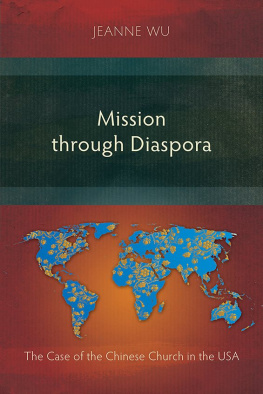
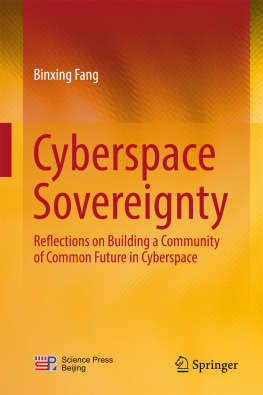
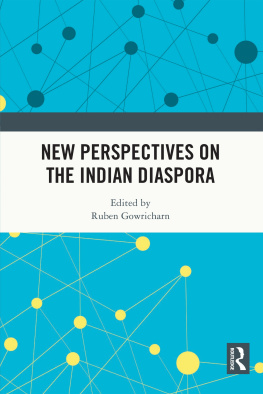
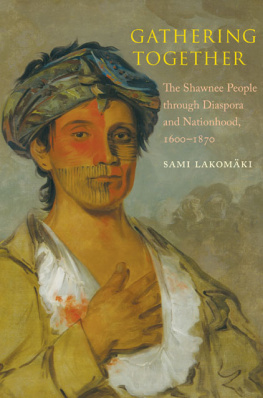
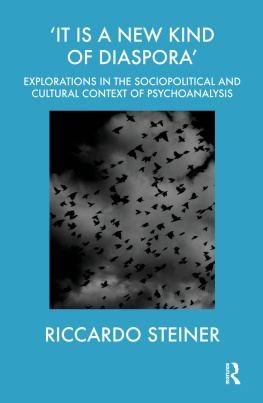
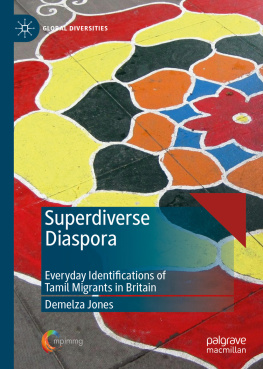
 This paper meets the requirements of ANSI/NISO Z39.48-1992 (Permanence of Paper).
This paper meets the requirements of ANSI/NISO Z39.48-1992 (Permanence of Paper).